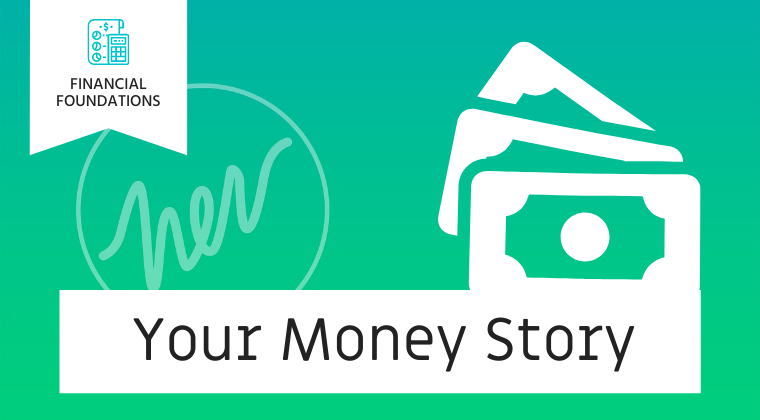This year I’m starting a project called Femsplaining Finance and I wanted to share it with you.
What’s the point of this? Men and women have different levels of financial literacy. The wealth gap is still very real (you’ve seen the Ellevest ads) and women need better financial information to close it. To this end, my plan is to create tailored financial advice for women 27-40 who are high earners. If you like my stuff, forward it to your friends, send me feedback, let me know what financial goals you are working on, etc.
I will post every two weeks on a certain topic. Today’s topic is Health Savings Accounts (HSAs). Want any easy way to reduce your taxes AND get tax-free investment earnings? Read more below..
What’s a Health Savings Account: For people who have a High-Deductible Health Savings plan (aka your deductible is more than $1,300 for individuals and $2,600 for families and you meet a few other criteria), the government offers a tax-advantaged way to pay for qualified health expenses. That means your root canal, your birth control, your prenatal ultrasound, your prescription retinol, your Cobra premiums when you leave your job to start that company – you can pay for ALL of it with pre-tax dollars.
In 2019, the federal limit on HSA contributions is $3,500 for an individual and $7,000 for a family. If you’re single and making over $160K, then your marginal tax rate is at least 32%. A $3,500 contribution to your HSA is tax-free income and depending on what state you live in and how much you make, could save you over $1,100 in taxes each year.
While I’m a fan of the things taxes pay for (parks! schools! roads!), taking steps to reduce your taxes is just about the only thing with a guaranteed financial return. A $1,000 tax savings on a $3,500 “investment” can be thought about as a guaranteed +25% return.
So when would you want to think about an HSA?
A primary use case is if you have maxed out your 401K and you want another tax-advantaged way to save. A great thing about HSAs is that YOU DON’T HAVE TO SPEND THE MONEY EACH YEAR. It will roll over to the next year. You don’t even have to pay for any health expenses you do have that year with the money you contribute. All you have to do is save the receipts and your money will grow tax free (like a Roth IRA, the interest is also tax free). More information here.
Moms: this might not be for you if you’re looking to cover child care expenses. Flexible spending accounts NOT HSAs allow you to pay for child care. However, if covering child care is not an issue (you generally cannot have both), an HSA is a better option because it allows you to roll over invested funds while FSA contributions expire each year. Comparison of the two accounts here.
Caveat: if you withdraw the money before 65, you will pay a 20% penalty. However, unlike most 401K accounts that require you take a contribution at 65, there is no required distribution for an HSA. This doesn’t seem important now, but as you get closer to retirement, this will help with tax planning.
Actions for this week:
- Check if your employer offers an HSA and if they are contributing on your behalf. The fortune 500 and the big 3 consulting firms likely offer an has. Some even contribute on your behalf and cover some fees. Know what you have so you can plan your health care spending.
- Figure out who administers your company’s HSA and what your options are for investing your HSA. Fees can vary on HSAs as can your investment options. If you don’t like your employers option, you can set up your own HSA with the provider of your choosing (employer contributed dollars probably can’t be invested elsewhere but your dollars can be). Instead of having the money sit idly and lose value, look for options to invest in low-fee ETFs like Fidelity or Vanguard.
- Make sure you’re saving receipts for any qualified health expenses. A great thing about HSAs is that you don’t have to pay for the expense in the same year. You can let the money grow tax free. Just keep the receipt and have the HSA reimburse you later.
Let me know what you think about HSAs and what questions you have. If you want to share with friends, I would love more eyeballs and feedback. Then, if this wasn’t way #tltr, look for another email in two weeks when I will be talking about what to do with your 401K when you leave your job.
Hugs,
Eryn
The information provided in this post is for informational purposes only. It should not be considered legal or financial advice. You should consult with an attorney or other professional to determine what may be best for your individual needs.

